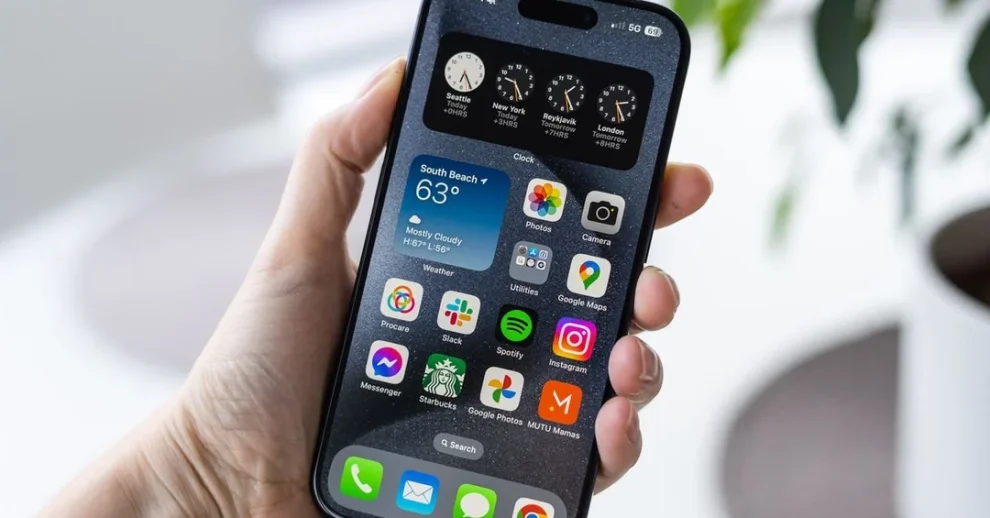Apple has announced that iOS 18, the next major update to its mobile operating system, will allow users in the European Union to change the default apps for phone calls, messaging, and other core functions. This significant change comes in response to EU regulations aimed at increasing competition and consumer choice.
A Landmark Decision
The move marks a departure from Apple’s previous stance on app ecosystems. For years, Apple has maintained strict control over its App Store, requiring users to use Apple’s default apps for core functions like phone calls, messaging, and web browsing. This has led to criticism from competitors and consumer advocates, who argue that it limits consumer choice and stifles innovation.
EU Pressure
The change to iOS 18 is a direct result of the Digital Markets Act (DMA), a new EU law that aims to regulate the behavior of large tech companies. The DMA requires companies like Apple and Google to allow users to uninstall pre-installed apps and choose alternative default apps.
Impact on iOS Users
The ability to change default apps will give iOS users in the EU more flexibility and control over their devices. They will be able to choose their preferred apps for phone calls, messaging, web browsing, and other core functions, rather than being forced to use Apple’s default options.
Potential Implications for Apple
While the change is likely to benefit consumers, it could also have significant implications for Apple. The company has built a lucrative ecosystem around its default apps, and allowing users to switch to alternative apps could impact its revenue and user experience.

Other Changes in iOS 18
In addition to the ability to change default apps, iOS 18 is expected to include several other new features and improvements, such as:
- Enhanced privacy features: iOS 18 will likely include new features to protect user privacy, such as improved tracking prevention and more granular control over app permissions.
- Performance improvements: Apple is expected to continue to focus on performance improvements in iOS 18, making the operating system faster and more responsive.
- New features and apps: iOS 18 will likely introduce new features and apps, such as updated versions of Apple’s built-in apps and new third-party apps.
The Future of App Ecosystems
The change to iOS 18 is a significant development that could have far-reaching implications for the future of app ecosystems. As more jurisdictions adopt similar regulations, it is likely that other tech companies will be forced to follow suit. This could lead to a more competitive and open app market, with greater choice and innovation for consumers.
Conclusion
The ability to change default apps in iOS 18 is a major victory for consumers in the EU. It represents a significant shift in the balance of power between tech giants and their users, and could have a profound impact on the future of app ecosystems. As iOS 18 continues to develop, it will be interesting to see how Apple and other tech companies adapt to this new reality.
















Add Comment